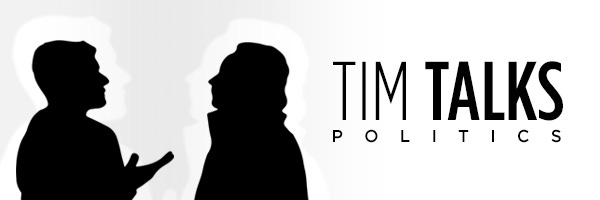September 9: God rest the Queen
In which, Britain braces for a multigenerational change, Europe compounds its energy problems with bad economics, and Joe Biden is here to remind you that we’re not in a recession.
God rest the Queen
I was getting this newsletter ready for the weekend when news broke that Queen Elizabeth II of Great Britain had died at the age of 96.
Her death ends her reign as the longest ruling British monarch having shepherded her country through 70 tumultuous years.
Faithful to carry out her formal duties as head of state to the very end, the Queen had just invited the new Tory party head, Liz Truss, to form a government earlier this week.
Similar to former Labor PM Tony Blair, Truss will begin her premiership presiding over a country mourning the loss of an icon. Blair had only recently entered into office 25 years ago last month when news broke of Princess Diana’s death.
For me, there’s a certain parallelism to all this. It was the Queen’s 1997 televised tribute to Diana that first made me, then just a 13-year old California kid, aware of the gravitas and dignity she brought to her office. I’ve been a great respecter and admirer of her ever since. God rest the Queen.
Europe’s “cap and (don’t) trade” energy nightmare
The impending doom of climate change in the early years of this century gave rise to the proposed policy of “cap and trade” by which regulatory bodies within countries sought to put a “cap” on emissions while allowing businesses to earn credits for reducing emissions that they could “trade” with other businesses who may have exceeded their assigned cap.
The policy has been used both in the US and Europe with some success… until now.
Europe’s cap and trade policy was premised on easy access to cheap natural gas from Russia. Now, with winter coming on and the EU scrambling to disentangle itself from Russian energy exports in an inflationary economy, “cap and don’t trade” seems to be the needle the EU is trying to thread. While still seeking to hit emissions targets, European countries are scrambling to claim as much energy resources as they can. Scarcity, both market generated and policy created, is spiking energy prices, which has governments in Europe looking to impose more caps: caps on energy use and energy bills, that is, which of course requires government debt financing, which contributes to inflation, which is partly why the European Central Bank just raised interest rates to a 20-year high.
Russian realpolitik and European naivety have combined to create an energy nightmare for Europe as winter approaches, and this context of energy shortages, soaring costs, and rising inflation (we saw this dangerous combo of factors in Sri Lanka just a few months ago) forms the context in which anti-EU conservative parties stand to make gains in coming elections and threaten cooperation within the EU bloc as well as European unity against Russia.
Russia recalibrates
Arguably, this is what Russia wanted all along: the breakup of the European alliance supporting Ukraine. In last week’s newsletter, I suggested that some cracks were already showing, now they’re fairly definite.
Keep reading with a 7-day free trial
Subscribe to Tim Talks Politics to keep reading this post and get 7 days of free access to the full post archives.



